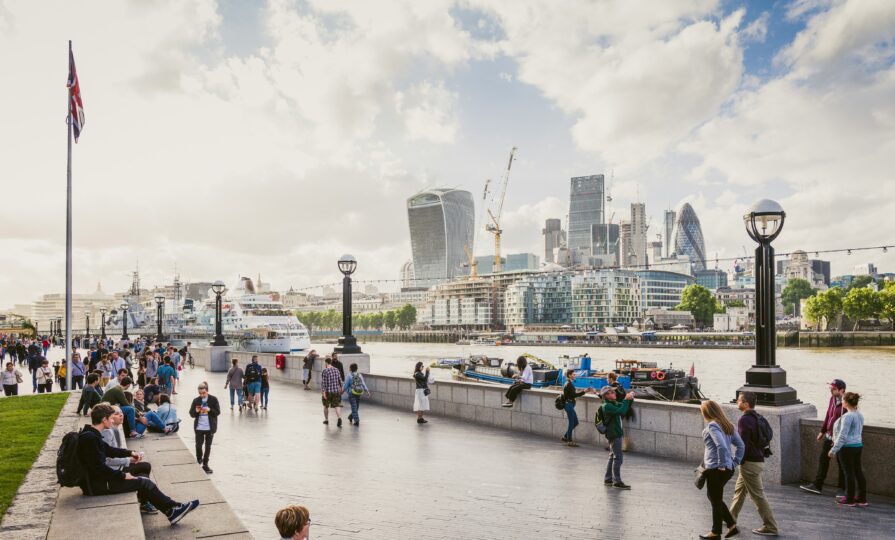Inflation hits 2% target for first time in three years
According to the Office for National Statistics, the decline was largely thanks to falling food prices, with prices falling this year but rising a year ago

UK inflation has hit its target for the first time in almost three years, as consumer price inflation eased to 2% in the year to May, down from a rise of 2.3% the prior month. The Bank of England last hit the 2% target in July 2021. According to the Office for National Statistics, the decline was largely thanks to falling food prices, with prices falling this year but rising a year ago.







